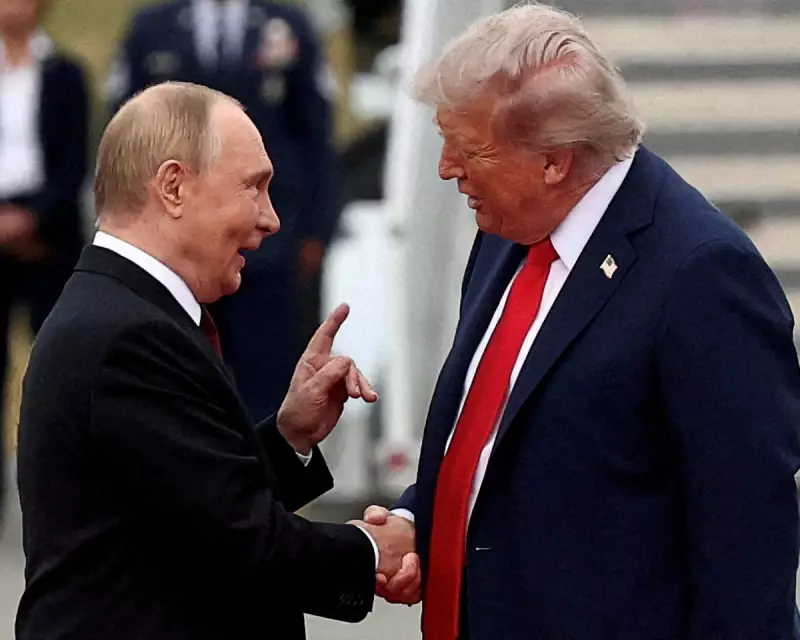
In a dramatic diplomatic reversal, plans for a highly anticipated summit between former US President Donald Trump and Russian leader Vladimir Putin have been abruptly shelved. The talks, which were scheduled to take place in Budapest, have been cancelled following mounting political pressure and security concerns.
Diplomatic Firestorm Forces Cancellation
Sources close to the negotiations reveal that the proposed meeting sparked immediate concern among European allies and within Trump's own political circle. The choice of Budapest as a venue had raised eyebrows across diplomatic circles, given Hungary's increasingly close ties with Moscow under Prime Minister Viktor Orbán.
Security and Political Concerns Mount
Multiple factors contributed to the summit's cancellation:
- Intense pressure from European Union members concerned about undermining Western unity
- Security complications surrounding a former US president meeting with the Russian leader
- Growing unease within Trump's team about the political ramifications
- Timing concerns amid ongoing conflicts in Ukraine and Gaza
Budapest: A Controversial Choice
The selection of Hungary's capital had been particularly contentious. Budapest has positioned itself as something of a neutral ground between East and West, with Orbán frequently criticising Western sanctions against Russia. This made it an ideal location from Moscow's perspective but problematic for maintaining Western diplomatic cohesion.
"The optics of a Trump-Putin meeting in Orbán's Hungary, while Ukraine fights for its survival, would have been disastrous for transatlantic relations," a European diplomatic source commented.
What This Means for International Relations
The shelved summit represents a significant moment in great power diplomacy. While both leaders appeared keen to re-establish direct communication channels, the political environment proved too volatile. The cancellation underscores the challenges facing any attempts to reset US-Russia relations amid ongoing geopolitical tensions.
Observers note that while the door may not be permanently closed on future talks, any subsequent attempts will likely face even greater scrutiny and require more neutral ground to proceed.





